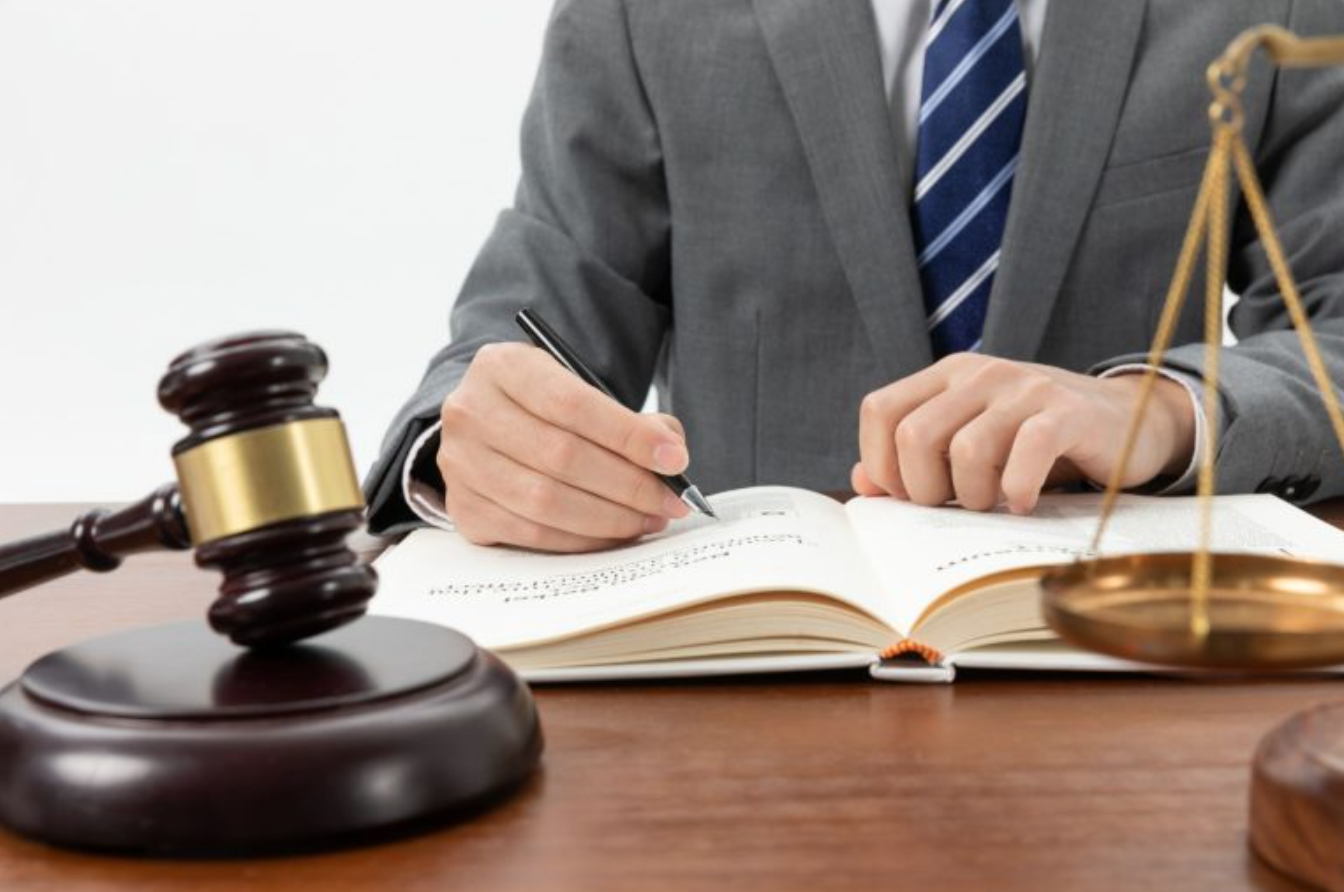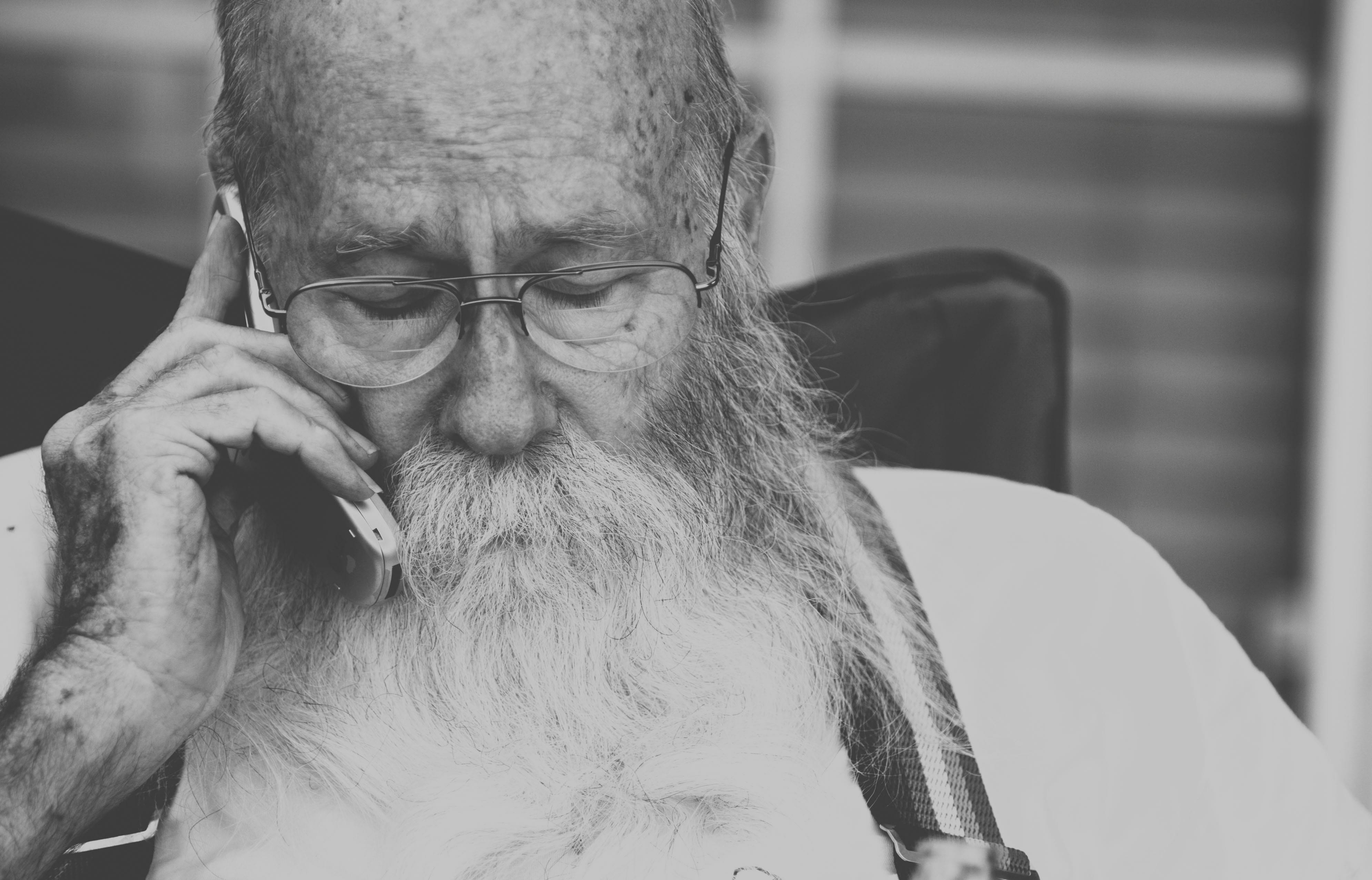You will also need to file a formal complaint, and notify the nursing home officially of the legal action initiated.
Atlanta, GA – Earlier this year, a Georgia nursing home was forced to pay a whopping $6 million in punitive damages, following the death of an elderly resident. According to the plaintiff and her lawyers, the plaintiff’s elderly mother was admitted to the long-term care facility following multiple strokes. She died merely a month later from an untreated bedsore, the plaintiff claimed.
She also went on to accuse the nursing home of understaffing, which led to her mother’s tragic death. While the case itself rocked local newspapers, largely because of the immense sum, it’s not an uncommon situation.
Many nursing home residents are, unfortunately, the chronic victims of understaffing, and poor facility management. To better understand what made the case so shocking, and how you should report nursing home abuse in Georgia, read on.
What constitute grounds to sue a nursing home?
According to Atlanta nursing home abuse lawyers, the nursing home has certain legal obligations that it must observe. Failure to fulfill any of these obligations can give you an adequate reason to sue the facility itself.
- Not taking the necessary measures to keep your loved ones safe;
- Hiring someone with a history of abuse, or dangerous behavior;
- Understaffing, as in the above case;
- Providing substandard, or inappropriate levels of care which resulted in a loved one’s serious injury, or even death;
- Providing poor hygienic care to your loved ones, or exposing them to other unsanitary conditions that resulted in illness or death;
On top of that, you may also initiate legal action against a facility, or against an individual if a family member was the victim of physical, sexual, emotional, or financial abuse at their hands.
Punitive damages cap in Georgia

The reason why Georgia nursing home abuse lawyers were in awe of the earlier-mentioned case is that the state of Georgia caps punitive damages at only $250,000.
Note: Punitive damages are the legal sanctions ascribed to punish the accused for their crime.
Thus, the ruling directly challenged the state’s punitive damages cap, leading to talk of legal reform, but also giving rise to philosophical debates over the price of loss.
However, punitive damages will depend on the specifics of your case, as well as the judge, and the nursing home abuse lawyers you have hired.
Statute of limitations
The statute of limitations refers to the period of time in which you can initiate legal action against an abuser, or abusive facility. In Georgia, the statute of limitations is two years from the date the assault occurred, or likewise, two years from the date of death (if the abuse ended in wrongful death).
If the wrongful death was the result of medical care received at the nursing home, you should seek the counsel of medical malpractice lawyers, as well.
What you’ll need
Aside from consulting with your lawyer, you will also need to gather evidence of the abuse. Written statements from the victim, eyewitness testimonials, video footage, and medical records detailing the abuse will all come in really handy during the trial.
You will also need to file a formal complaint, and notify the nursing home officially of the legal action initiated.
Finally, you will need to also file a complaint with the state, either with the Georgia Department of Health, or the Office of the State Long-Term Care Ombudsman in Georgia.


Join the conversation!